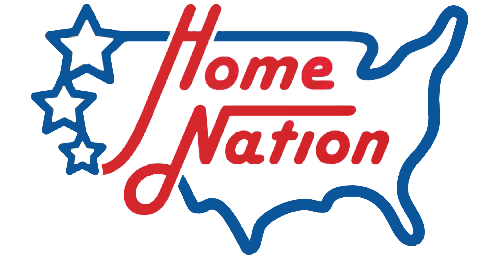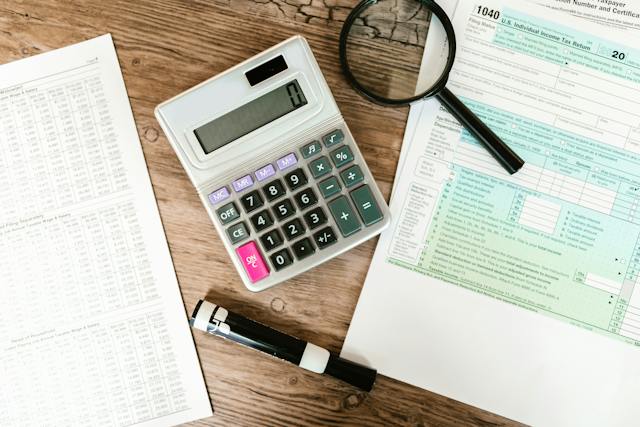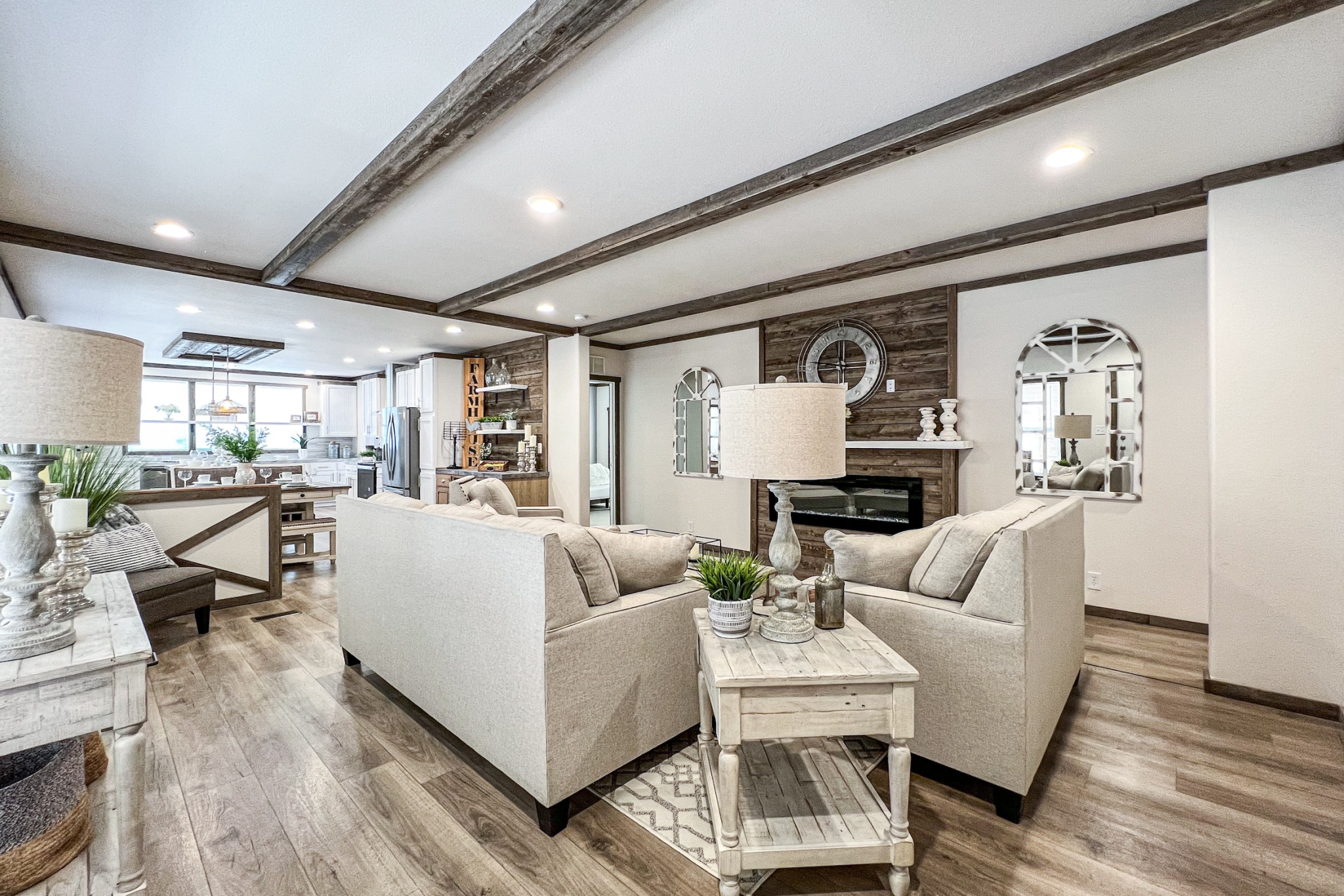
If you have less than perfect credit, where can you turn if you want to be a homeowner? You really do have several options available to you right now. Buying a mobile home or manufactured/modular home are excellent choice with very attractive financing programs that are available even if your credit report reflects slow payment, judgments, repossessions, foreclosure or bankruptcy.
Five Traditional Financing Alternatives
1. Borrow money from a friend or relative. (Consider yourself lucky if you can do this).
2. Have at least 20% saved up for the down payment.
3. Hope to find a seller who is willing to financing your loan for you.
4. Obtain financing from the mobile home dealer, but the interest rate may be too high resulting in higher monthly payments.
5. Secure financing through a credit union, which historically are more open to lending on mobile homes and manufactured homes.
Related: How to Finance a Mobile or Manufactured Home
Best Manufactured Home Loans
Trying to purchase a mobile home with bad credit and figuring out the best option can be a hassle. Luckily, our lenders are ready to help you find the lending option that works best for you. These are the top choices when it comes to manufactured home loans.
Even within each of these types of loans, you may find other, more specific, lending options. Commonly, you’ll see chattel, construction, and end (permanent) mortgage loans.
If you already own your land or have a downpayment and can verify your income, we might have a program. We work with a variety of mobile home loans and will help you figure out the next steps.
Conventional
A conventional home loan is one of the most straightforward types of home loans. With this loan, a lender puts forward money that allows the borrower to purchase a home. If the borrower cannot make the payments on the loan they took out, the lender will take possession of the property.
This makes lending for mobile homes a little dicey. Mobile homes don’t rise in value as much as other properties do. So, many lenders are reluctant to extend this type of loan for the purchase of mobile homes. When they do, they often require a large down payment, often a larger percentage of the price than a borrower would pay with a traditional home.
This makes conventional loans a lackluster option when it comes to purchasing a mobile home. They still have potential but other options may be a better choice.
FHA
FHA loans are very similar to conventional home loans. A lender puts forward money, and a borrower is able to make a purchase. However, these loans are insured by the Federal Housing Administration (FHA).
This simple change dramatically alters the process of obtaining one of these loans. Since a reputable institution is backing the loan, borrowers can borrow with less risk and worry. So, they are able to borrow with less strict requirements on credit score and income, alongside a smaller down payment. All of this makes these loans a solid choice for anyone looking to purchase a mobile home.
Home Nation offers FHA loans through our lenders. If you’re interested in one of these loans, make sure to check out the finance page on our site. There, you can find the form you must fill out to be considered by our lenders.
Refinance
Refinance loans aren’t loans that exist on their own. Instead, they are an extension of existing loans. They involve taking out a new loan to pay off the old one.
At first, this seems illogical and appears to be an unnecessary step in the process. Why would you use one loan to cover another? However, it makes sense when you consider the nature of loans. Since some time has passed since the original loan was taken out, the size of the loan is now smaller. Getting a better rate is easier when dealing with a smaller loan. So, the new loan will generally be more favorable to the borrower than the old one.
This is most commonly seen with conventional loans, which can get marginally better through the refinancing process. However, since the new loan can be entirely different from the original loan, it also gives a chance to change the nature of the loan completely. You can take out a FHA loan to cover a conventional loan. This allows you to reap the benefits of an FHA loan even if you didn’t have one originally.
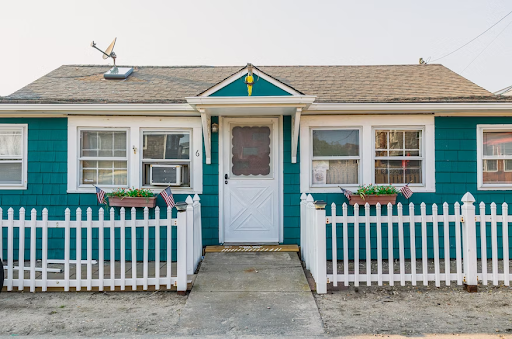
Government
A few US government departments work to make owning a home easier. The US Department of Agriculture (USDA) offers USDA rural housing loans which can be found through the USDA Income and Property Eligibility Site. These are designed to help low- and moderate-income households to purchase homes in rural areas. In addition, the Department of Veterans Affairs (VA) offers VA-backed mortgages. These are available through the VA website and are designed to help veterans receive loans with more favorable rates than they can find elsewhere. Both of these programs have very specific requirements borrowers will need to meet.
USDA loans have basic income requirements, and the property must also meet certain qualifications. VA-guaranteed home loans are available for active or retired military service members, their spouses, and eligible beneficiaries.
Neither the USDA nor VA have a minimum credit score to be approved. Some lenders may require a minimum, with 640 being the most common credit minimum credit score required. However, depending on your lender, you may be able to qualify even if you have bad credit.
Want to learn more about how Home Nation can help you purchase a mobile home even if you have bad credit? Check out our financing page to learn more!
FHA Home Loan: A Better Option
FHA home loans work well for people with bad credit especially when buying a mobile home or manufactured home. Just to clarify, you don’t apply for a home loan through the FHA (the Federal Housing Administration). You apply through a financial institution, such as a credit union. Becoming a member of a credit union is as very easy as a phone call to the credit union. Lenders are encouraged to fund FHA home loans.
- With FHA loans, you don’t need to have a large 20% down payment. FHA loans are approved every day with down payments as low as 3.5%
- Interest rates are fixed for the entire term of the loan, generally 20 years for mobile homes and manufactured homes.
- Maximum loan amount for a manufactured home only is $66,678.
- Maximum loan amount for a manufactured home and lot is $92,904.
- Borrowers with scores even lower than 640 may still be able to finance a home, but can expect to pay increased interest rate, higher down payments, and even more for getting qualified.
- At Home Nation, we offer FHA loans to customers looking to buy their first mobile home with credit scores of as low as 580, but these kinds of loans are certainly not easy to come by as most will not be accepted by lenders.
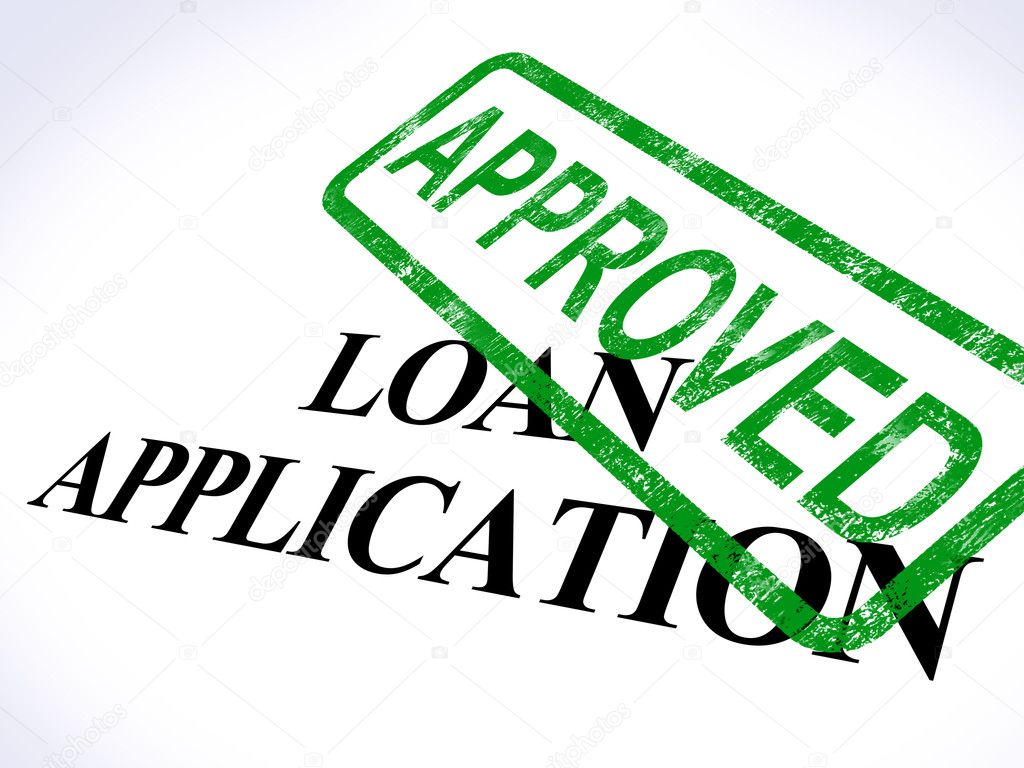
Related: What Questions You Should Ask Before Buying a Mobile Home
Eligible Borrowers must:
1. Demonstrate that they have sufficient funds to make the minimum required down payment.
2. Be able to demonstrate that they have adequate income to make the proposed monthly payments on the loan and meet their other expenses, such as credit card payments, vehicle loan payments, etc.
3. Intend to occupy the manufactured home as their principal residence.
4. Have a suitable site on which to place the manufactured home.
a. The home may be placed on a rental site in manufactured home park, provided the park and lease agreement meet FHA guidelines.
b. The home may be situated on an individual home site owned or leased by the borrower
Veterans Assistance Loans
VA loans are available to home buyers who have served in the Armed Forces and to the surviving spouses of those who have served. Buyers can qualify and obtain a VA loan if they meet the specific VA requirements, such as a Certificate of Eligibility, which looks at service history, work history and income. We at Home Nation proudly work with our veterans and their families to make this home buying process very easy.
Requirements for Manufactured Homes
The FHA and VA have specific requirements about mobile homes and manufactured homes. Fortunately, Home Nation has expert staff to make sure your new home meets all FHA and VA requirements. An Eligible Manufactured Home must:
1. Meet the Model Manufactured Home Installation Standards.
2. Carry a one-year manufacturer's warranty if the unit is new.
3. Be installed on a home site that meets established local standards for site suitability and has adequate water supply and sewage disposal facilities available.
4. The proceeds of a Title I manufactured home loan may not be used to finance furniture (for example, beds, chairs, sofas, lamps, rugs, etc.). However, built-in appliances and equipment and wall-to-wall carpeting are eligible for financing.
Your Annual Income
Whether your income is the same month after month or fluctuates throughout the year or comes from the same employer or from different sources, your lender will work with you to calculate a reliable and stabilize monthly income amount that is used to determine the loan amount and monthly payment which you can reasonably repay each month.
Debt-to-Income Ratio
Once the amount of your monthly income is calculated, this ratio is a primary factor to determine how much of a monthly housing payment you can afford. Lenders calculate the minimum payments on your proposed home loan and other obligations and divide this total payment amount by your income. What this means to you is that neither the lender, the FHA, the VA or Home Nation want you to get strapped with a home payment that you cannot afford.
This payment is for your new home and we want you to keep your home.
An FHA loan or a VA loan can be a very attractive option for buyers looking to get their first mobile home, who may not have perfect credit or a large down payment. However, owning a new mobile home or manufactured home really is closer than you think. Home Nation is here for you.
Are you ready to make your dream of owning your own home a reality? Fill out our financing information form and get in touch with one of our representatives!
Eligibility Requirements for First-Time Homebuyer Loans
When it comes to securing a loan for your first home, lenders follow a detailed checklist to determine eligibility and terms.
Credit Scores
A credit score reflects how well you manage finances. Each loan type has specific score requirements:
-
Conventional Loans: Typically require a minimum score of 620.
-
FHA Loans: Accept lower scores, potentially as low as 580, for a down payment as low as 3.5%. Lenders also assess payment history, existing debt, and credit history length.
Income
Lenders calculate a debt-to-income ratio (DTI) to assess your ability to manage mortgage payments:
-
Formula: Total monthly debt payments divided by gross monthly income.
-
Example: If you earn $5,000 monthly and have $1,500 in debt payments, your DTI is 30%. Lenders prefer a DTI of 43% or lower.
Down Payment
The down payment is an upfront payment:
-
Varies: Different loans have different minimums.
-
Assistance: Savings, family gifts, and assistance programs can help cover down payments.
Navigating these requirements can help you prepare for your first home purchase and maximize your chances of loan approval.
What to Do for Guaranteed Approval
-
Check Your Credit Report: Before applying, review your credit report for errors and work on improving your score by paying down debts and making timely payments.
-
Save for a Larger Down Payment: A higher down payment can offset the risk for lenders, increasing your chances of approval.
-
Consider a Co-Signer: A co-signer with good credit can strengthen your application and improve your chances of securing a loan.
-
Choose the Right Type of Loan: Compare offers of each home loan to find the best terms and rates.
-
Gather Necessary Documentation: Ensure you have all required documents, such as proof of income, tax returns, and identification, to streamline the approval process.
-
Shop Around for Lenders: Different lenders have different criteria and terms, so comparing multiple offers can help you find one that suits your situation best.
By following these steps and exploring the various loan options, you can increase your chances of securing a mobile home loan, even with bad credit.
Refinancing Requirements for a Mobile Home Loan
Refinancing a mobile home loan can be a strategic move to lower monthly payments or secure better terms. Here are key requirements to consider:
Credit Score and Payment History
-
Credit Score: Lenders typically require a credit score of at least 620 for conventional refinancing. FHA loans may accept lower scores but could come with higher costs.
-
Payment History: A consistent history of on-time payments improves eligibility and terms.
Equity and Loan-to-Value Ratio (LTV)
-
Equity: Lenders often require a minimum amount of equity, typically around 20%, to qualify for refinancing.
-
LTV Ratio: The loan-to-value ratio determines how much you can borrow compared to your home’s value. Lower ratios are generally preferred for better rates.
Income and Debt-to-Income Ratio (DTI)
-
Income Verification: Demonstrating stable income supports your ability to repay the loan.
-
DTI Ratio: Lenders assess your monthly debt payments against your gross income. A lower DTI ratio enhances eligibility for favorable refinancing terms.
Property Condition and Documentation
-
Property Inspection: Mobile homes must meet specific condition standards for refinancing approval.
-
Documentation: Prepare documents such as title deeds, insurance, and tax records to streamline the refinancing process.
Appraisal and Closing Costs
-
Appraisal: A professional appraisal determines the current value of your home, influencing your refinancing options.
-
Closing Costs: Budget for closing costs, which typically include fees for appraisal, title search, and loan origination.
Understanding these requirements helps streamline the refinancing process and ensures you secure the best possible terms for your mobile home loan.
The Role of Home Nation in Financing
Home Nation recognizes the difficulties of obtaining financing with bad credit and, while not a lender, they have connections with various lenders open to diverse financial profiles. This variety offers clients with bad credit a spectrum of financing options beyond traditional banking norms. A key advantage of partnering with Home Nation is the convenience of accessing multiple financial solutions in one centralized location, streamlining the process and making it easier for clients to evaluate various lenders and their terms.
Choosing the Right Lender
Selecting the right lender requires understanding each lender's various terms and conditions. Home Nation assists in this process by providing information on what different lenders might require and helping clients navigate these requirements.
Assessing Loan Terms and Conditions
Examining each lender's loan terms, interest rates, and repayment plans is crucial. Since lousy credit might lead to higher interest rates, understanding these terms in detail is vital for making an informed decision.
Tailored Financial Solutions
Each lender in Home Nation's network may have different approaches to handling lousy credit. Some might focus on current income stability, others on potential down payments or the presence of a co-signer. Clients should explore these conditions to find a solution that aligns with their circumstances.
Challenging But Not Impossible
Purchasing a mobile home with bad credit is a challenging journey. Still, with the proper guidance and support, it is achievable. Home Nation connects clients with a network of lenders willing to consider various credit backgrounds. Buyers can realize their dream of owning a mobile home by choosing a lender that matches their financial situation. The key is understanding the options available, preparing thoroughly for the application process, and communicating effectively with potential lenders.
